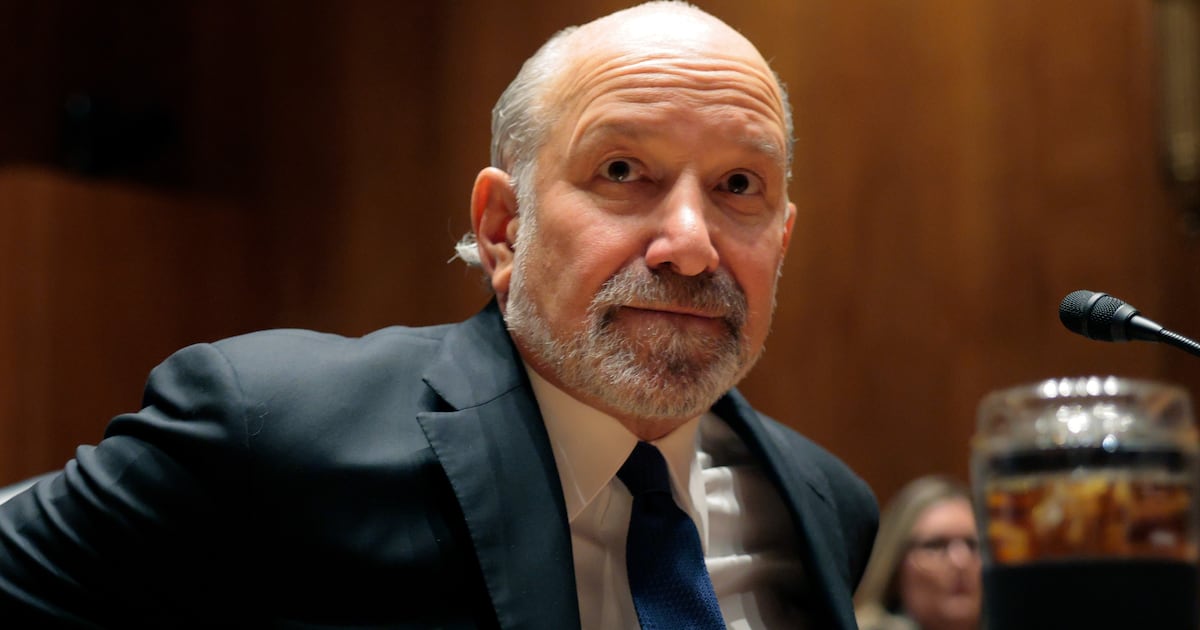CHARLOTTE, North Carolina — Police have seven days to release video showing Keith Scott’s death before a new law effectively seals the footage from the public.
Scott’s family, protesters, the state’s attorney general, and even Hillary Clinton are calling on Charlotte police chief Kerr Putney to release dashcam and bodycam footage from the fatal police shooting of Scott on Tuesday afternoon. Police said Scott disobeyed repeated commands to drop what they said was a gun recovered at the scene. Scott’s family said first he was reading a book and then later said he did not have a gun when he exited his vehicle.
Footage released on Friday doesn’t clearly show that Scott had a gun or didn’t.
Putney and Charlotte Mayor Jennifer Roberts have said repeatedly said they would like to release video of Scott’s killing but don’t think that now is the right time given recent unrest in the city. Republican Governor Pat McCrory told reporters Friday that, “we’ve got a responsibility to follow the law” when deciding to release the video.
Right now, the law leaves that decision entirely in the hands of Chief Putney. But on October 1, he will lose that power when a law signed by McCrory takes effect. HB 972 turns all police body camera and dash camera footage into personnel records, instead of public records.
Even if Chief Putney wanted to release the footage then, he would have to go to court. A judge would then have to be convinced the release of video meets one of eight standards laid out in the law, such as the release being “necessary to advance a compelling public interest.”
McCrory, surrounded by members of law enforcement in the wake of the killings of four police officers in Dallas, signed the bill into law in July. But even before then, some police chiefs argued it would hamper their ability to prove they were justified in using force.
“This gives me no leeway to manage public perception, and that’s probably not a good thing,” Burlington police chief Jeffrey Smythe told Burlington Times-News when the law was passed. “So I’m a little disappointed that that avenue isn’t there, except by court order.”
Joining Smythe in decrying HB 972 was Fayetteville police chief Harold Medlock.
“I would rather let our video tell the story—good, bad or indifferent—than someone who has a cellphone who has the opportunity to edit it,” Medlock told the Charlotte Observer also at the time HB 972 was passed. “Sometimes we do ourselves a great disservice by not disclosing as much information as we can.”
If Chief Putney is to be believed, that’s what he would like to do, and protesters who for the past three days have been demanding “Show us the tape!” would like the same.
The protests turned violent on Tuesday night, with minor looting. Then the unrest exploded Wednesday with the murder of Justin Carr, 26, allegedly shot and killed by Rayquan Jamal Borum. Thursday brought the presence of the National Guard, toting assault rifles throughout downtown. Other than a brief skirmish on an interstate when protesters shut it down, the temperature died down in the early morning hours on Friday.
But that was before Keith Scott’s family showed the world what they saw and essentially told police: If you think this was justified, prove it.






